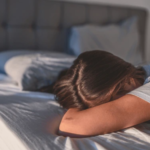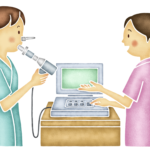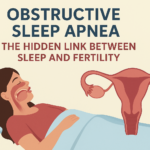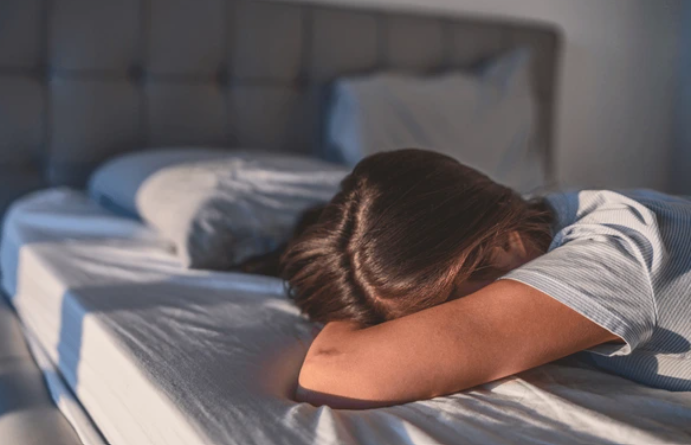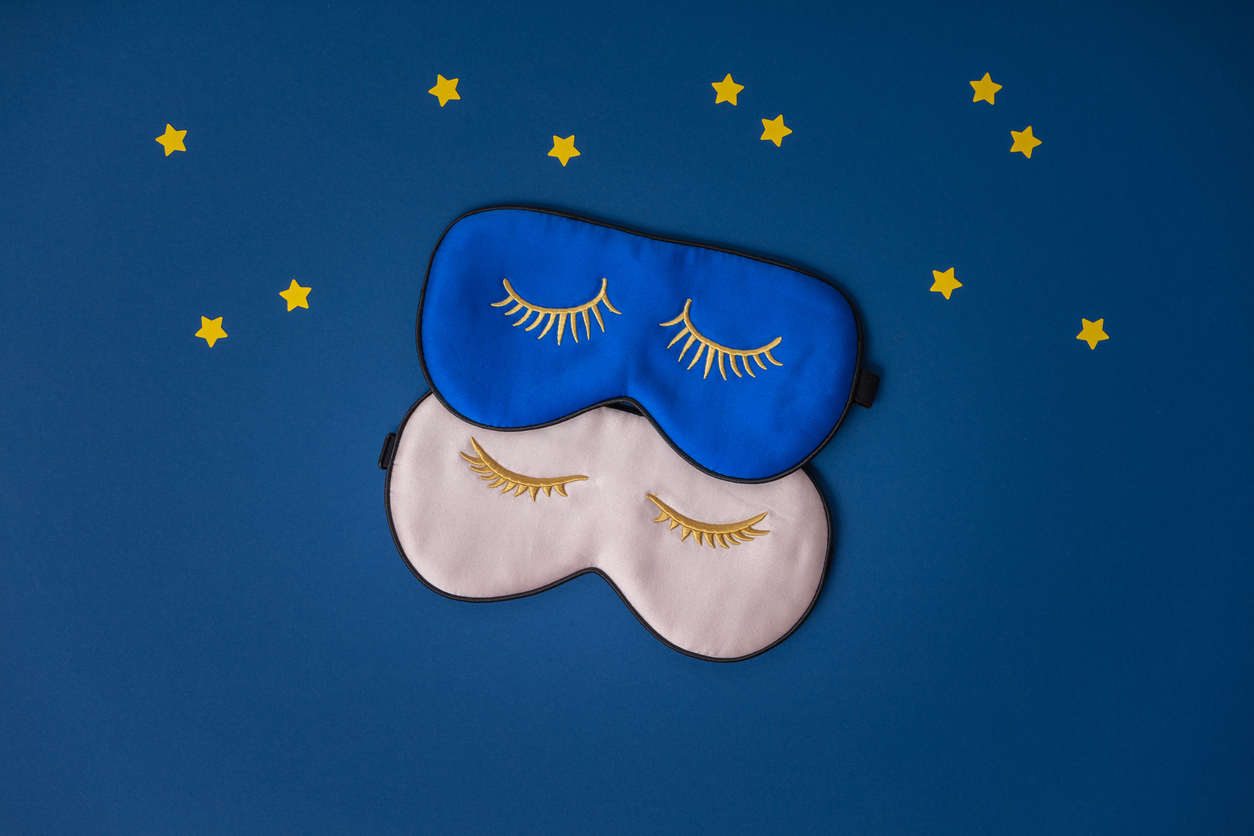Written by Aisha, Reviewed by Dr. Manvir Bhatia, 31st July 2025
Sleep is one of the most powerful tools for our physical, emotional, and mental well-being. But for many women, restful nights remain out of reach—stolen by the heavy burden of anxiety.
Research shows women are twice as likely to suffer from insomnia compared to men, and anxiety is a key driver. This blog dives into the complex link between anxiety and insomnia in women, and how to recognize, manage, and overcome this challenging cycle.
What Is Anxiety?
Anxiety is more than just occasional worry—it’s a persistent sense of nervousness, fear, or dread that can disrupt daily life.
While stress can be a normal response to life’s pressures, anxiety becomes a concern when it’s constant or overwhelming.
Common Symptoms of Anxiety:
- Constant overthinking or excessive worry
- Restlessness or muscle tension
- Rapid heartbeat or shortness of breath
- Sweating or trembling
- Sleep disturbances
- Fatigue or trouble concentrating
What Is Insomnia?
Insomnia is a sleep disorder that makes it hard to fall asleep, stay asleep, or wake up feeling refreshed. It may be short-term (acute) or long-term (chronic) and often leads to significant daytime fatigue.
Common Symptoms of Insomnia (Night + Day):
- Difficulty falling or staying asleep
- Waking up too early
- Feeling tired or groggy during the day
- Difficulty concentrating or irritability
- Headaches or muscle tension
- Gastrointestinal discomfort
- Worrying about not sleeping
The Anxiety–Insomnia Loop
Anxiety often causes racing thoughts, physical tension, and worry at bedtime—making it harder to fall asleep. But lack of sleep can, in turn, increase emotional reactivity, lower stress tolerance, and amplify anxiety.
This creates a vicious cycle:
Anxiety ➡ Poor Sleep ➡ More Anxiety ➡ More Insomnia
Why Are Women More Affected?
Biological, psychological, and social factors make women more vulnerable to this cycle:
- Hormonal shifts during menstruation, pregnancy, postpartum, and menopause affect mood and sleep.
- Emotional labor from caregiving, work-life imbalance, and societal pressures adds mental overload.
- Higher rates of anxiety and depression are reported in women due to complex environmental and genetic influences.
When to Seek Help
You should seek professional help if your anxiety or sleep troubles:
✔ Last longer than 3 weeks
✔ Disrupt your work, relationships, or health
✔ Cause daytime fatigue or mood swings
✔ Are linked with panic, depression, or irritability
Your doctor may recommend:
- Mental health assessment
- Sleep diary or questionnaires
- Sleep study (Polysomnography) if a disorder like sleep apnea is suspected
Treatment Options
1. Cognitive Behavioral Therapy (CBT)
The gold standard for managing both anxiety and insomnia. It helps you reframe negative thoughts and establish healthy sleep habits.
2. Medications
- For anxiety: SSRIs or short-term benzodiazepines (under supervision)
- For insomnia: Melatonin or sleep aids (with caution)
3. Sleep Hygiene
- Keep a consistent sleep schedule
- Avoid screens 1 hour before bed
- Limit caffeine and alcohol
- Create a calm, dark, and cool sleep space
4. Mindfulness & Relaxation
- Deep breathing
- Meditation
- Progressive muscle relaxation
- Gentle yoga
Benefits of Treatment
- Better sleep and improved mental clarity
- Elevated mood and energy levels
- Stronger immunity and reduced chronic disease risk
- Healthier relationships and greater productivity
Challenges You Might Face
- Medication dependency (if not used properly)
- Therapy takes time and dedication
- Changing habits requires motivation
- Hormonal factors may slow progress
Spreading Awareness: Empowering Women Through Support
Awareness is the first step toward healing. Here’s how we can make a difference:
- Normalize conversations about anxiety and sleep in women’s spaces
- Launch community wellness programs and mental health checkups
- Promote online support groups and accessible resources
- Host educational workshops in schools, workplaces, and clinics
Final Thoughts: Let’s Break the Silence
Anxiety and insomnia are real and often invisible battles that many women face daily. You are not alone, and you don’t have to suffer in silence.
With the right support, treatment, and self-care, women can break the cycle, regain restful sleep, and restore peace of mind.
Sleep is strength. Anxiety is treatable. You are worth the rest.
Let’s talk. Let’s rest. Let’s heal—together.


